The mainstream Australian media has almost entirely ignored the release of Marie Boland’s Final Report of the independent Review of Australia’s Work Health and Safety laws. but some of the usual players in the workplace relations sector have responded. Below is a longer responsive from the Australian Chamber of Commerce and Industry (ACCI) but first some simpler responses.
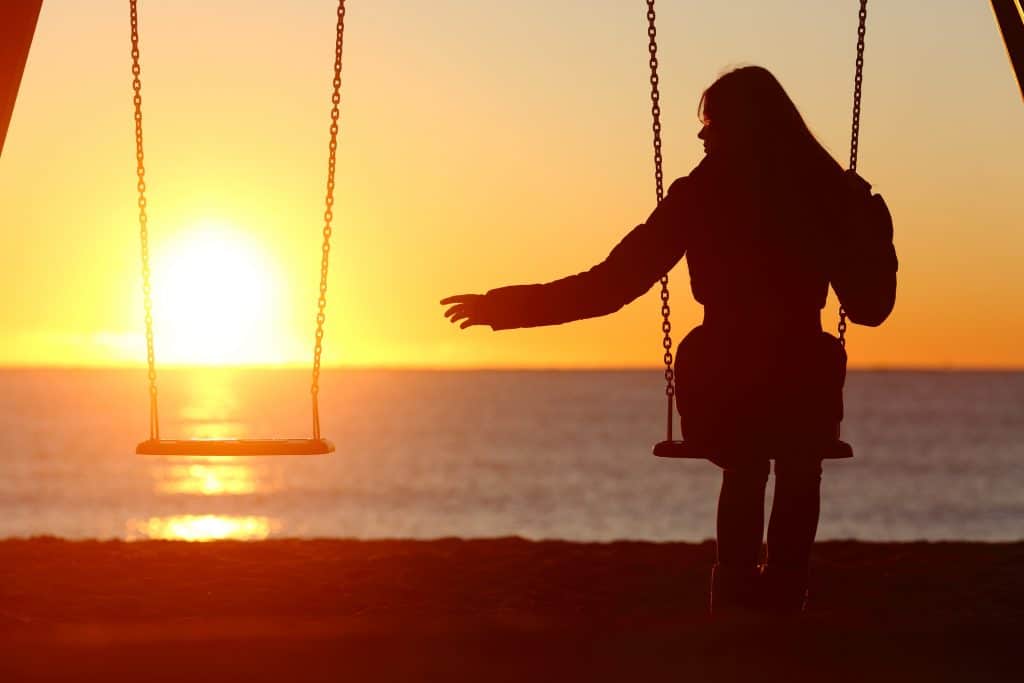
The trade union movement has almost entirely focused on the Industrial Manslaughter recommendations in the Boland Report. As well as a couple of media statements, the Australian Council of Trade Unions released a video on February 25 2019 with Assistant Secretary Liam O’Brien accompanied by the parents of two deceased workers. The first to speak were Tony and Robyn Hampton whose son, Jarrod, died while working for Paspaley Pearls. The second couple were Janice and Mark Murray whose son, Luke, died when parts of a crane that was being unpacked fell on him.

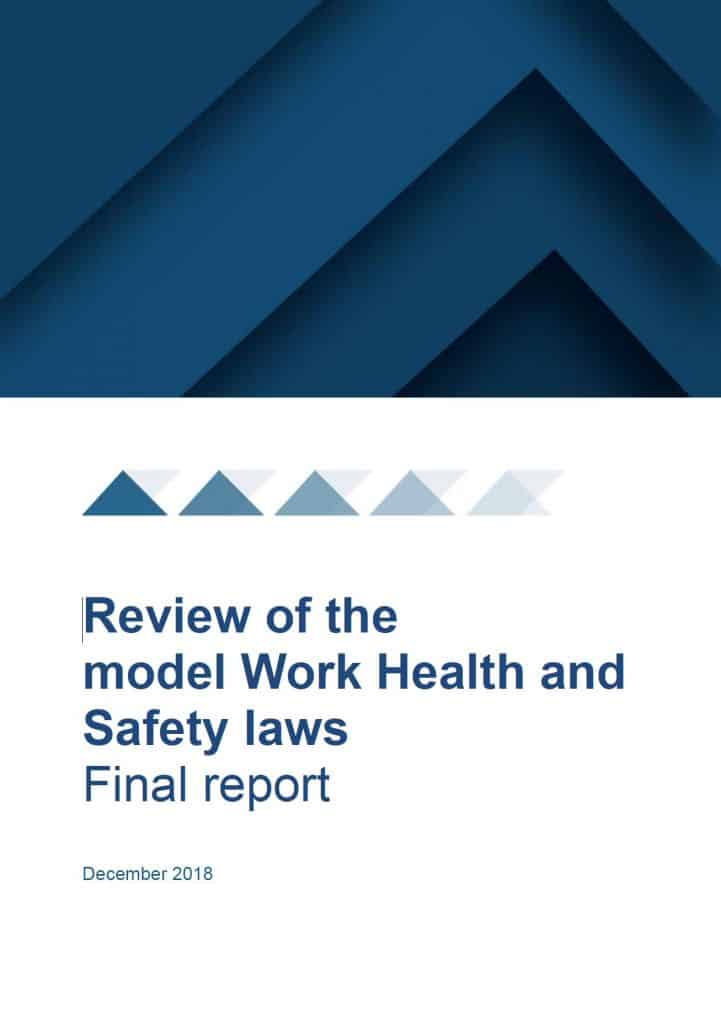
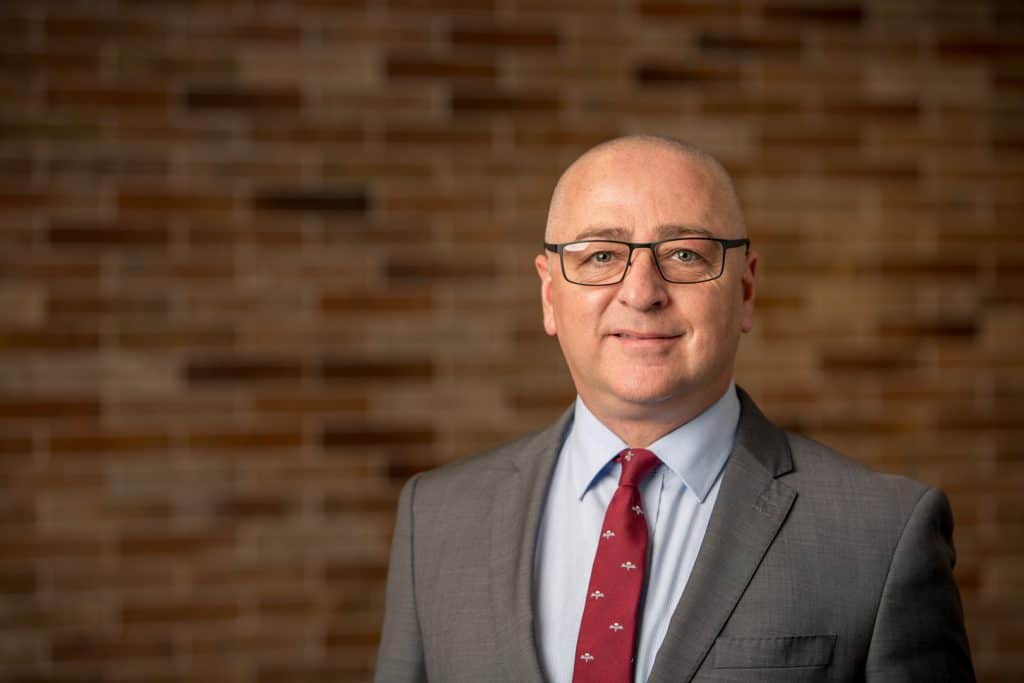
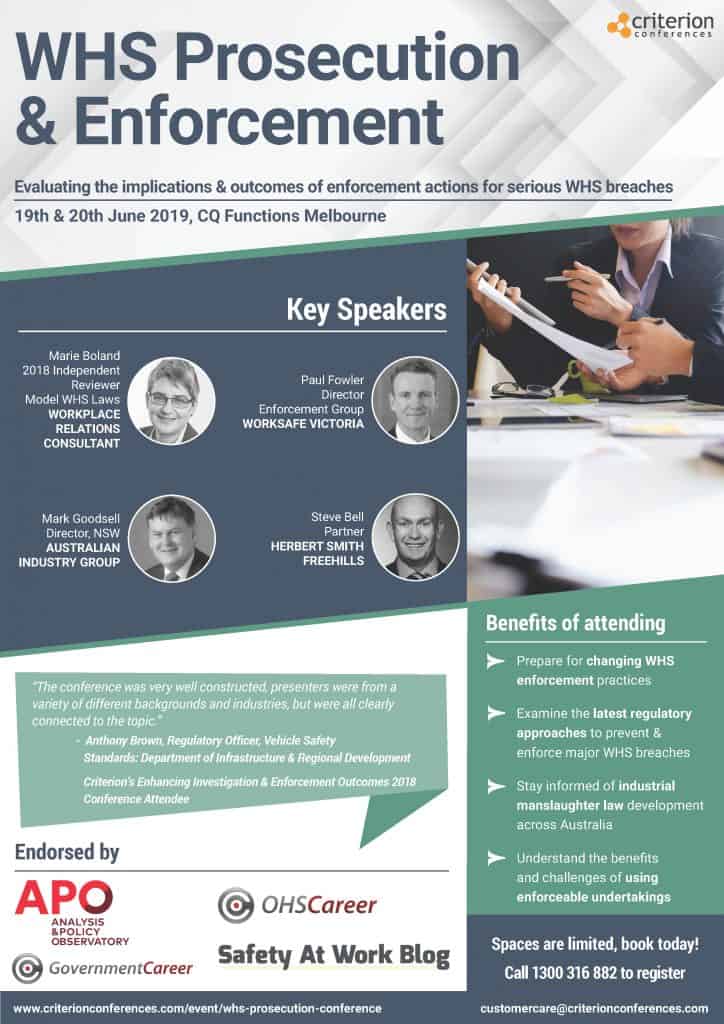
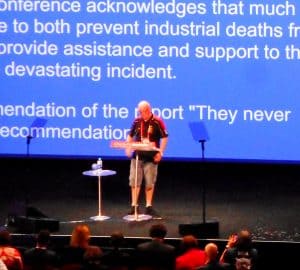
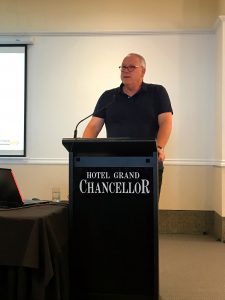 This article is part two of an edited version of a keynote presentation I made at the a special WHS Inspectors Forum organised by WorkSafe Tasmania. The audience comprised inspectors from around Australia and New Zealand. I was asked to be provocative and challenging so posed some questions to the audience about how occupational health and safety (OHS) is managed, regulated and inspected.
This article is part two of an edited version of a keynote presentation I made at the a special WHS Inspectors Forum organised by WorkSafe Tasmania. The audience comprised inspectors from around Australia and New Zealand. I was asked to be provocative and challenging so posed some questions to the audience about how occupational health and safety (OHS) is managed, regulated and inspected.